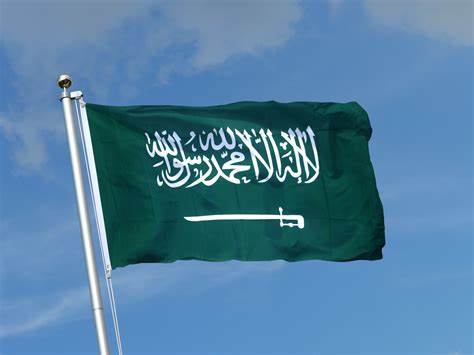Saudi Arabia’s economy grew by more than expected in the first quarter of 2025, according to government estimates, with lower oil prices impacting the economy less than previously forecast.
First-quarter GDP rose 3.4% compared to the same quarter of the previous year, surpassing flash estimates of 2.7% released in May by the Saudi General Authority for Statistics.
“The upward revision was both due to a smaller annual contraction from the oil sector and stronger private sector growth,” said Monica Malik, chief economist at Abu Dhabi Commercial Bank.
Oil GDP shrank by 0.5%, while initial estimates had shown a 1.4% contraction. Non-oil growth reached 4.9%, exceeding the previous 4.2% estimate.
The impact of lower oil prices may have been softened by the kingdom’s increase in oil output. Saudi Arabia, the world’s biggest oil exporter, lowered its July prices for Asian buyers earlier this month after OPEC+ hiked output for a fourth consecutive month. OPEC+ agreed to another increase of 411,000 barrels per day for July, matching similar hikes in May and June.
Despite the growth, Saudi Arabia faces a widening budget deficit. The International Monetary Fund estimates the kingdom needs oil prices above $90 per barrel to balance its books, compared to current prices around $60.
Saudi Arabia is pushing ahead with its costly Vision 2030 transformation program, aiming to reduce its dependence on oil by investing heavily in mega-projects and economic diversification.
Saudi Finance Minister Mohammed Al-Jadaan said the government would reassess its spending priorities following the decline in oil revenues, according to the Financial Times.
“We also expect to see some pullback in government spending to limit the widening of the fiscal deficit, which will likely weigh on non-oil growth,” said Malik.
However, Daniel Richards, senior economist at Emirates NBD, said spending will likely stay high. “There is still sufficient project spending already in progress that growth will remain supported through this year and next at least,” he wrote in a note.
Saudi Arabia is committed to hosting several major international events requiring large-scale construction and development. These include the 2029 Asian Winter Games—with artificial snow and a man-made lake—and the 2034 FIFA World Cup, which will involve building 11 new stadiums and renovating others.
Saudi Arabia’s 2025 fiscal deficit is forecast at around 101 billion riyals ($27 billion).




